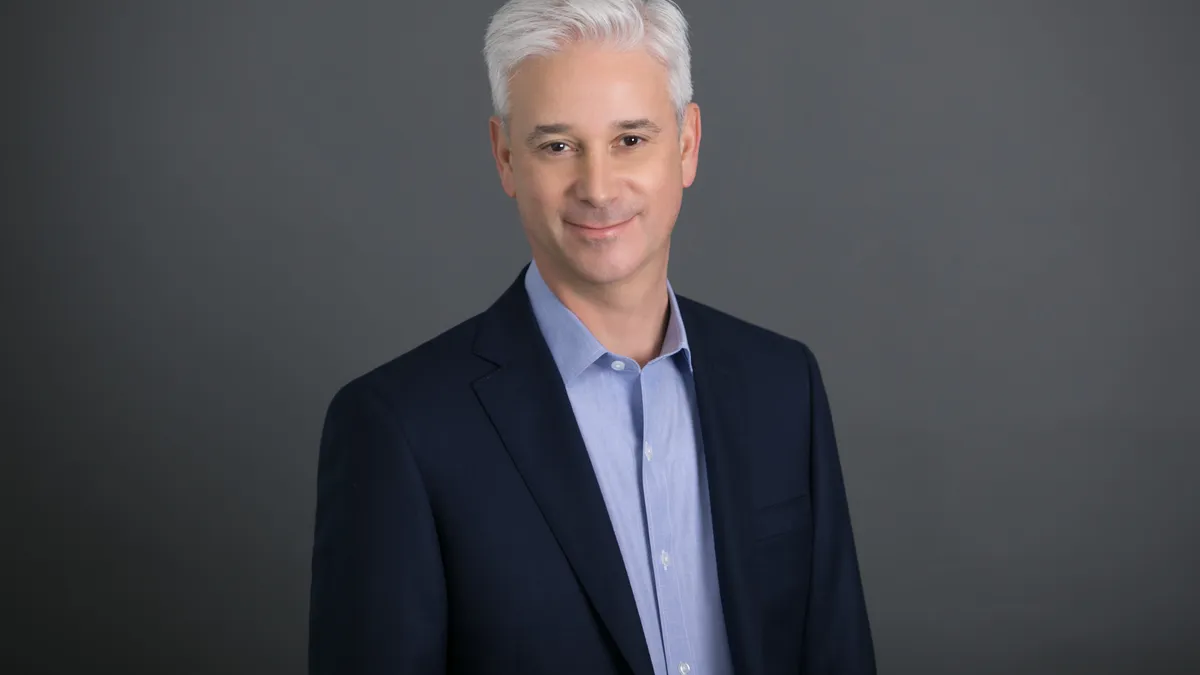When Wells Fargo CEO Charlie Scharf announced in June the bank would aim to double Black leadership over the next five years and tie operating committee members' diversity efforts to their pay, the banking industry saw it as a cutting-edge line in the sand.
Jeanne Branthover, global head of financial services at headhunting firm DHR International, said more companies may follow Wells' lead.
"Change will happen if you tie it into someone's compensation," she said, adding that more companies may follow the San Francisco-based lender's lead.
But the way Scharf presented the case appears to have gotten under the skin of employees and others who attended a summer Zoom call on the matter.
"While it might sound like an excuse, the unfortunate reality is that there is a very limited pool of Black talent to recruit from with this specific experience as our industry does not have enough diversity in most senior roles," Scharf said in a June memo, seen by Reuters and Bloomberg.
The "specific experience" part refers to adding nonwhite members to the bank's operating committee. Since Scharf's arrival at the bank nearly a year ago, the bank has added two Black executives: Lester Owens, its head of operations; and Ather Williams, head of strategy, digital and innovation.
However, it's the "very limited pool" part that has some fuming. Scharf allegedly reiterated the statement in a Zoom meeting in which he discussed the bank's difficulty reaching its diversity goal, two participants told Reuters.
The executive apologized Tuesday night in a company tweet, saying his comments were misinterpreted.
“The financial industry and our company do not reflect the diversity of our population,” Scharf said in a statement. “We, at Wells Fargo, are committed to driving change and improving diversity and inclusion.”
Blowback continued to accumulate, and Scharf issued a separate statement Wednesday.
“I apologize for making an insensitive comment reflecting my own unconscious bias,” Scharf said Wednesday. “There are many talented diverse individuals working at Wells Fargo and throughout the financial services industry and I never meant to imply otherwise.”
Scharf set out a qualifier in announcing the company's diversity goal in June, indicating he knew it wouldn't be easy. "Our progress will not be a straight line given the experience required in some of our roles, but I would ask that you judge our progress two years into my tenure as CEO," he said.
Not everyone left the tete-a-tete upset. "The meeting was incredibly constructive," Alex David, president of the Black/African American Connection Team Member Network, told Reuters. "I walked away being incredibly surprised at how genuine and sincere [Scharf] is."
But others saw the "limited pool" comment as indicative of restricted professional and social networks.
"There is an amazing amount of Black talent out there," said Ken Bacon, a former mortgage industry executive on the boards of Ally Financial and other companies. "If people say they can't find the talent, they either aren't looking hard enough or don't want to find it."
"I can get them 10 to 15 resumes today," a Wells Fargo employee who attended the meeting told Reuters.
Burgeoning consciousness
Amid a new wave of racial consciousness, propelled by social unrest and the police killings of George Floyd, Breonna Taylor and others, banks' lack of racial diversity at the top has become a focus. Of the more than 80 top executives at the six largest U.S. banks, only Citi CFO Mark Mason is Black.
Since Floyd's death in May, banks such as Bank of America, U.S. Bank and PNC — in addition to payments company PayPal and entertainment streaming service Netflix — have pledged billions of dollars toward investments in Black-owned businesses and financial institutions. Banks were quick to commemorate Juneteenth.
And Scharf's line in the sand had a domino effect. In the following weeks, Mastercard vowed to increase Black leadership by 50% in five years. Visa pledged to do the same in three. Goldman Sachs said it wants 7% of its vice presidents to be Black, 9% to be Latino and 40% to be women by 2025. HSBC seeks to meet Wells' goal of doubling Black senior staff by 2025.
Other banks have seen legal action based on perceived past transgressions. Morgan Stanley's former head of diversity, Marilyn Booker, sued the bank in June, alleging "race and gender discrimination, retaliation and unequal pay." The bank's CEO, James Gorman, described the swell of awareness around racial inequality as a "turning point in race relations." But Booker called that response hypocritical, citing that the bank had named 1,382 managing directors since 2012, but fewer than 3% are Black.
Black people comprise 6% of Wells Fargo's senior management, Bloomberg reported. Doubling that figure would put the bank's leadership within a percentage point of the representation of Black people among the national population.
Scharf "is committed to deep and systemic change to increase diversity and has held several forums where there has been candid conversation and unfiltered feedback," Wells Fargo spokeswoman Beth Richek told Reuters in a statement.
Teri McClure, a former general counsel and chief human resources officer at UPS, suggested C-suites lack diversity because people of color have been relegated to positions without the power to influence profits.
"As women and minorities started to gain traction in corporate America, they were trapped in certain jobs companies felt comfortable placing them in, like human resources, administrative-support type functions," she told Reuters.
Lauren Holland, who leads Wall Street Friends, a professional network, told the wire service she has sent more job postings to nonwhite members in the past two months than in the past five years.
"The talent is there," she said. "It's just a matter of the firm accessing it and connecting with it."





















